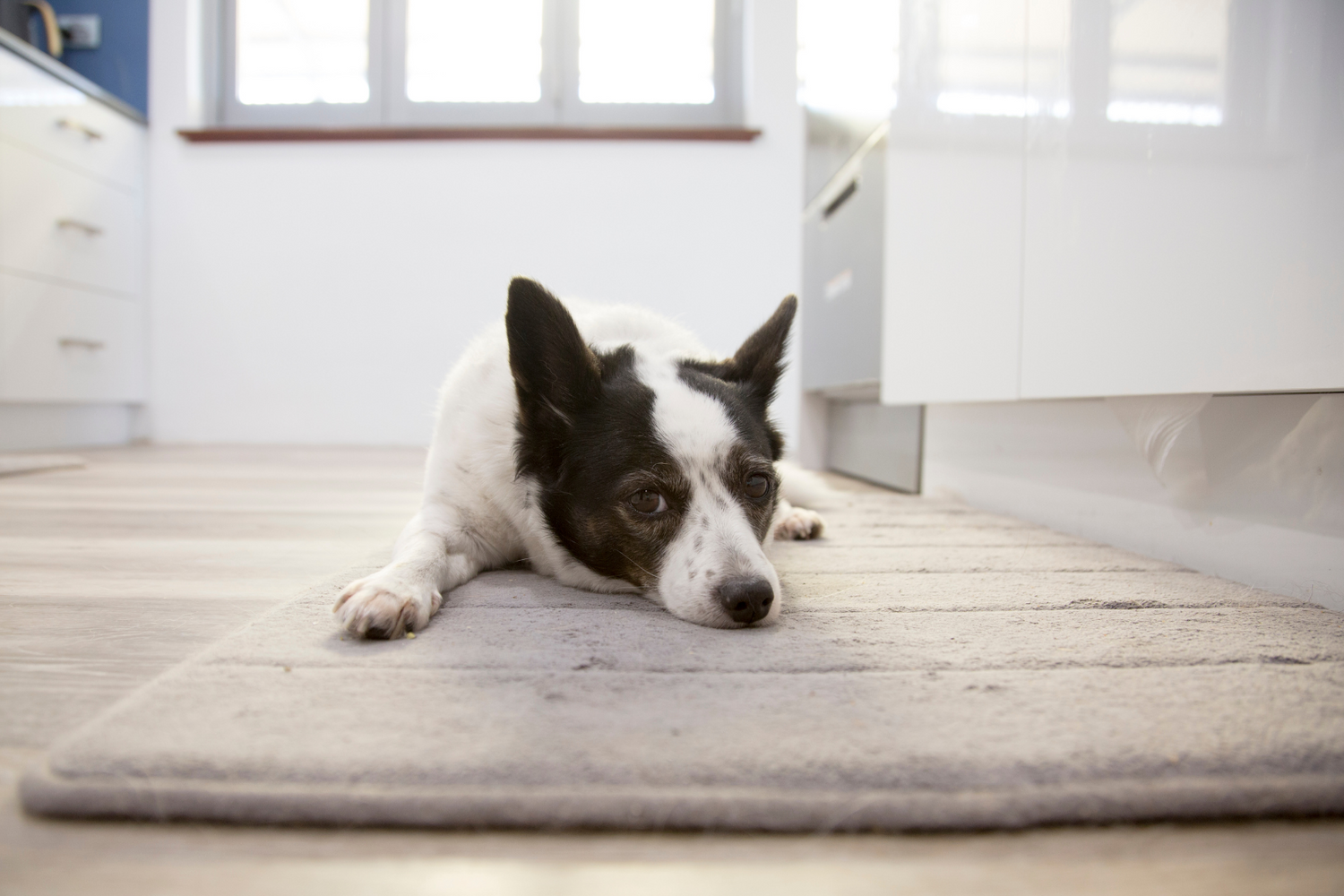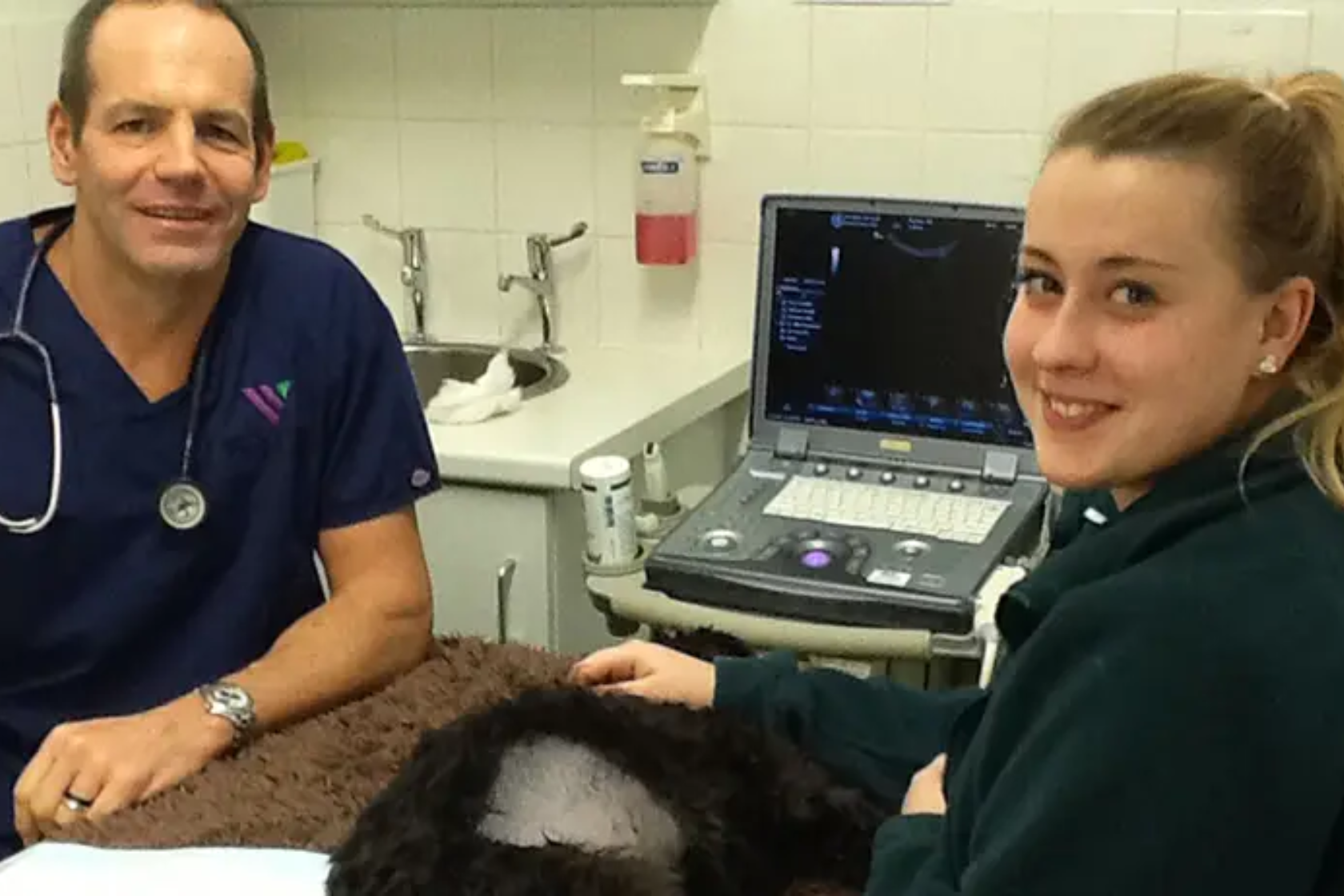Mind:
Working the dogs brain is just as tiring as a long walk.
Balance:
Exercises to help the dogs balance will enable them to tackle uneven terrain when out on a walk
- Have the dog to step up onto something like back door step, a box or sweet tin (left over from Christmas) and then step off, repeat this 5-10 times. If the dog likes to walk backwards then see if they will walk backwards onto the “step” and repeat.
- Get the dog to give a paw and hold the position for 3-5 seconds. Try to teach the dog to give each front paw and not just one.
Strength:
These exercises will help to maintain the muscle base while the dogs are not enjoying the long walks
- Ask the dog to sit and then stand up, sit and then stand up. Repeat this 5 times and then let your dog have a little walk around. Do 3 sets of 5. This is like humans doing “squats”
- Get your dog to step into and out of a box, front and back legs. Make sure the box is the appropriate height and size for the size of the dog. Repeat between 5-10 times
- Walk your dog on a lead slowly up and down the stairs (if you have them), dogs tend to hop up and down the stairs. By walking slowly they use all of their feet individually and work all the leg muscles.
Flexibility:
Without the usual exercise our dogs may become stiff so we need to keep them flexible whilst confined to the house.
- Get 2 chairs or stools and place them a distance apart, then get the dog to complete a figure of 8 movement around the chairs. You may need to walk them on the lead or lure them around with treats/food
- Get a chair/bucket or even the wheelie bin and get the dog to do circles around the object. You may need to walk them around on the lead or lure them with treats/food. Make sure your circles are to the left and right.
As some of these exercise use treats/food either use portions form the dogs daily food allowance or reduce the amount of food you usually give them. If they aren’t getting the same amount of exercise as normal they might not need as much food.
Tips provided by Alison Pearce



